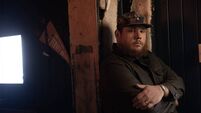Robert Redford obituary: Oscar-winner and godfather of independent cinema
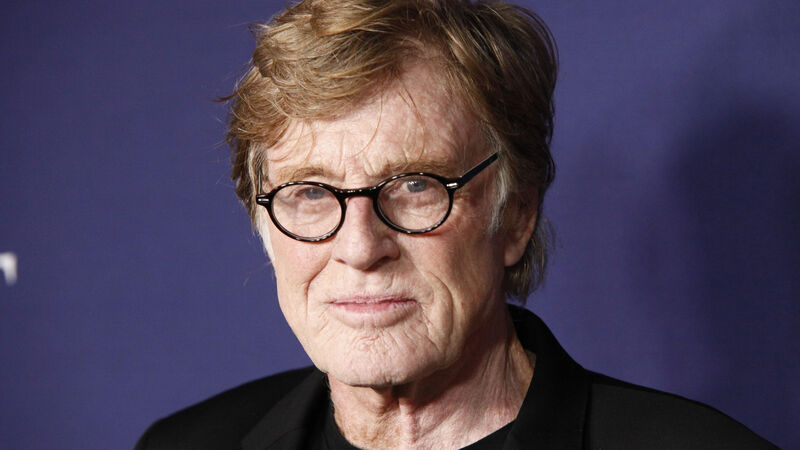
Hollywood star Robert Redford died on Tuesday (Andy Kropa/Invision/AP)
Robert Redford, the Hollywood golden boy who became an Oscar-winning director, liberal activist and godfather for independent cinema under the name of one of his best-loved characters, died on Tuesday aged 89.
Redford died “at his home at Sundance in the mountains of Utah — the place he loved, surrounded by those he loved,” publicist Cindi Berger said in a statement. No cause of death was provided.
After rising to stardom in the 1960s, Redford was one of the biggest stars of the 1970s with such films as , and , capping that decade with the best director Oscar for 1980’s , which also won best picture in 1980.
His wavy blond hair and boyish grin made him the most desired of leading men, but he worked hard to transcend his looks, whether through his political advocacy, his willingness to take on unglamorous roles or his dedication to providing a platform for low-budget films.
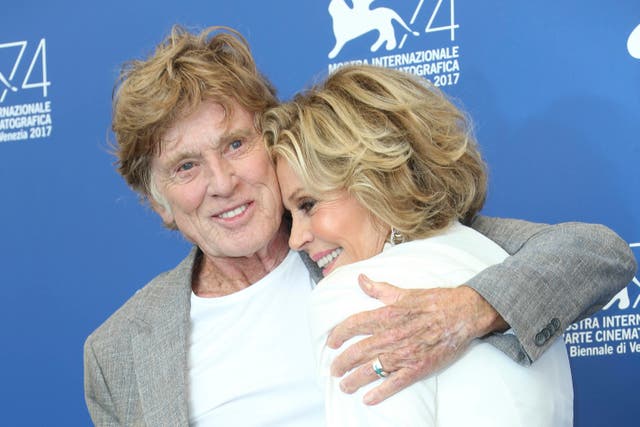
His roles ranged from Washington Post journalist Bob Woodward to a mountain man in Jeremiah Johnson to a double agent in the Marvel Cinematic Universe, and his co-stars included Jane Fonda, Meryl Streep and Tom Cruise.
But his most famous screen partner was his old friend and fellow activist and practical joker Paul Newman, their films a variation of their warm, teasing relationship off screen.
Redford played the wily outlaw opposite Newman in 1969’s , a box-office smash from which Redford’s Sundance Institute and festival got its name.
He also teamed with Newman on 1973’s best picture Oscar winner , which earned Redford a best-actor nomination as a young con artist in 1930s Chicago.
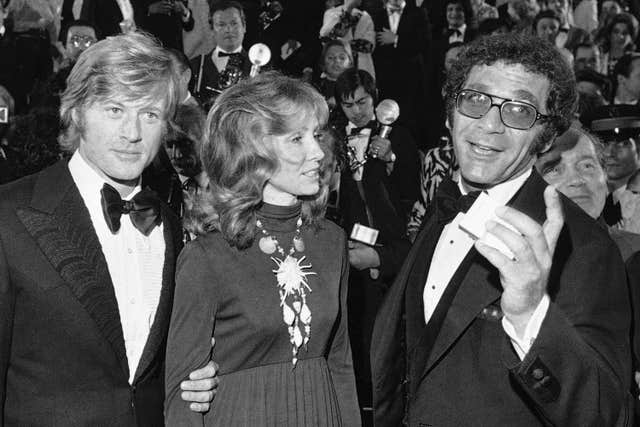
Film roles after the 1970s became more sporadic as Redford concentrated on directing and producing, and his new role as patriarch of the independent-film movement in the 1980s and 90s through his Sundance Institute.
But he starred in 1985’s best picture champion and in 2013 received some of the best reviews of his career as a shipwrecked sailor in , in which he was the film’s only performer.
In 2018, he was praised again in what he called his farewell movie, .
“I just figure that I’ve had a long career that I’m very pleased with. It’s been so long, ever since I was 21,” he told The Associated Press shortly before the film came out.
“I figure now as I’m getting into my 80s, it’s maybe time to move toward retirement and spend more time with my wife and family.”
Redford had watched Hollywood grow more cautious and controlling during the 1970s and wanted to recapture the creative spirit of the early part of the decade.
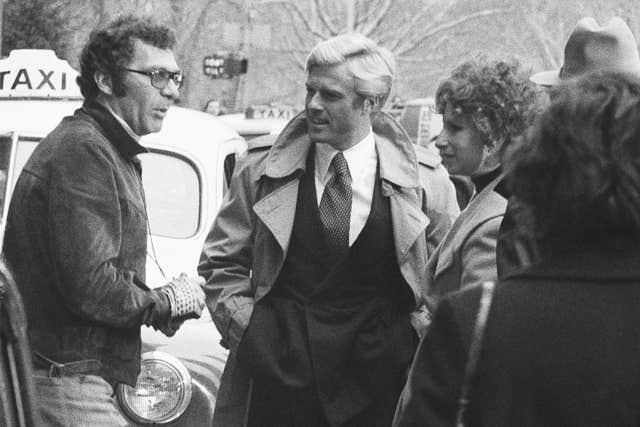
Sundance was created to nurture new talent away from the pressures of Hollywood, the institute providing a training ground and the festival, based in Park City, Utah, where Redford had purchased land with the initial hope of opening a ski resort.
Instead, Park City became a place of discovery for such previously unknown filmmakers as Quentin Tarantino, Steven Soderbergh, Paul Thomas Anderson and Darren Aronofsky.
“For me, the word to be underscored is ‘independence’,” Redford told the AP in 2018. “I’ve always believed in that word. That’s what led to me eventually wanting to create a category that supported independent artists who weren’t given a chance to be heard.
“The industry was pretty well controlled by the mainstream, which I was a part of. But I saw other stories out there that weren’t having a chance to be told and I thought, ‘Well, maybe I can commit my energies to giving those people a chance’.
“As I look back on it, I feel very good about that.”


